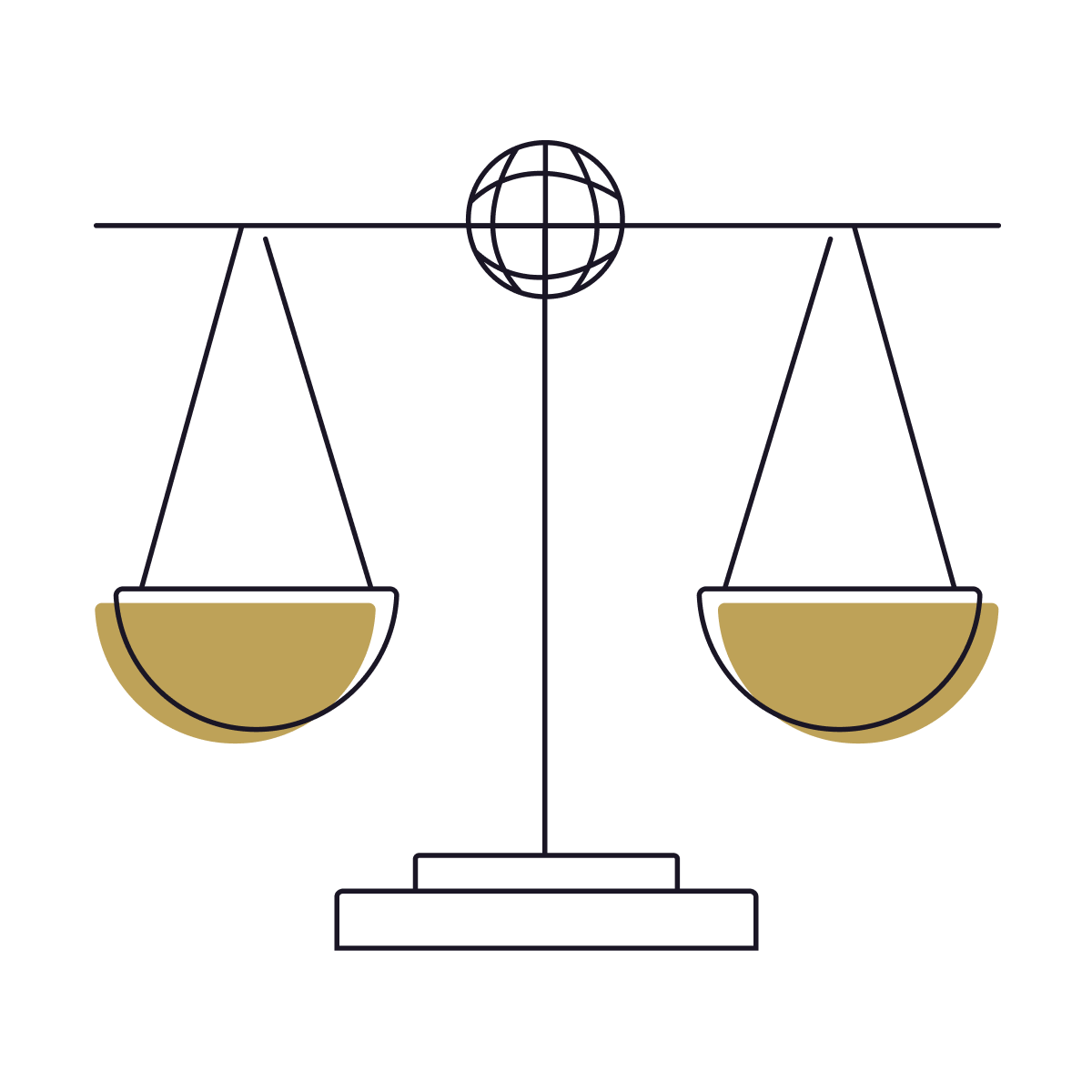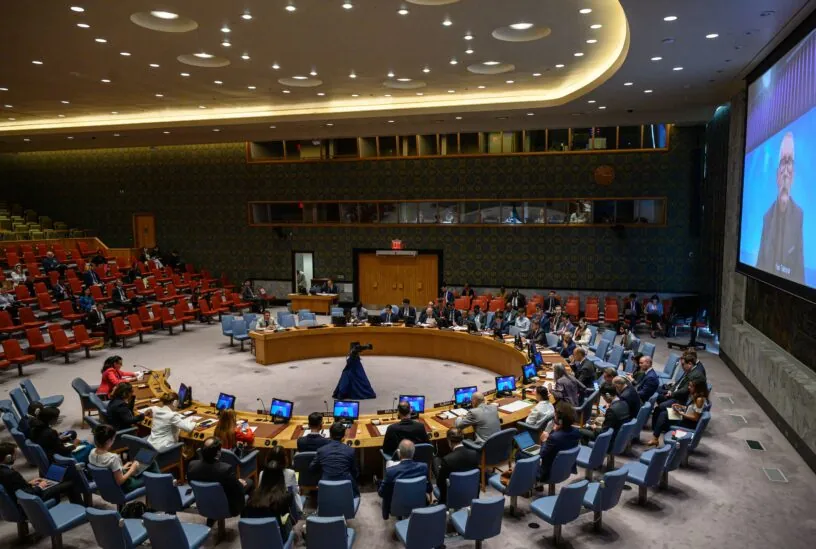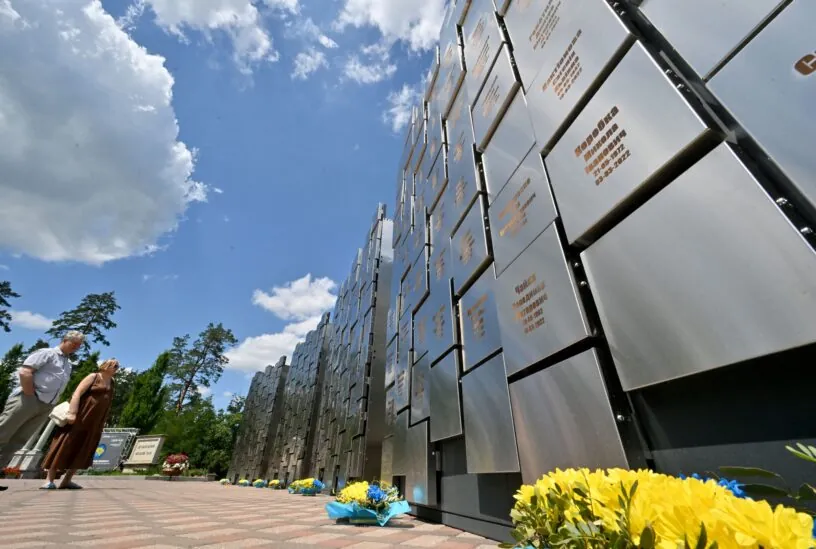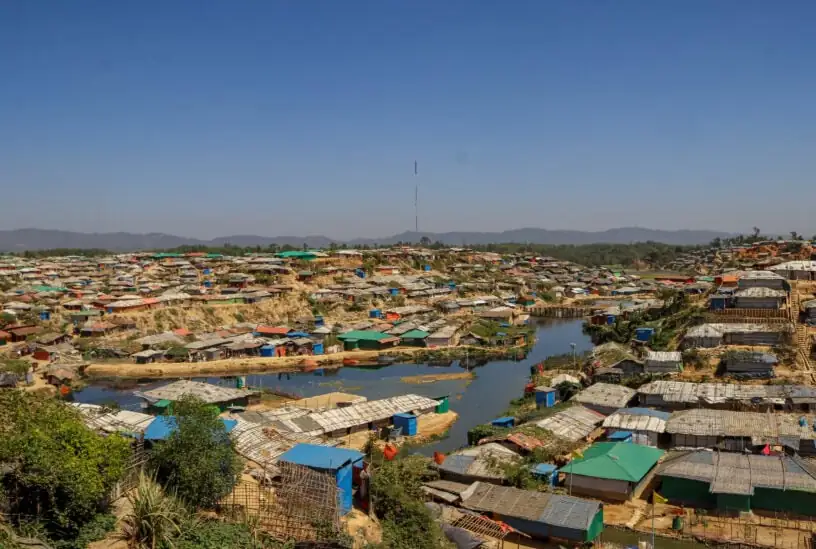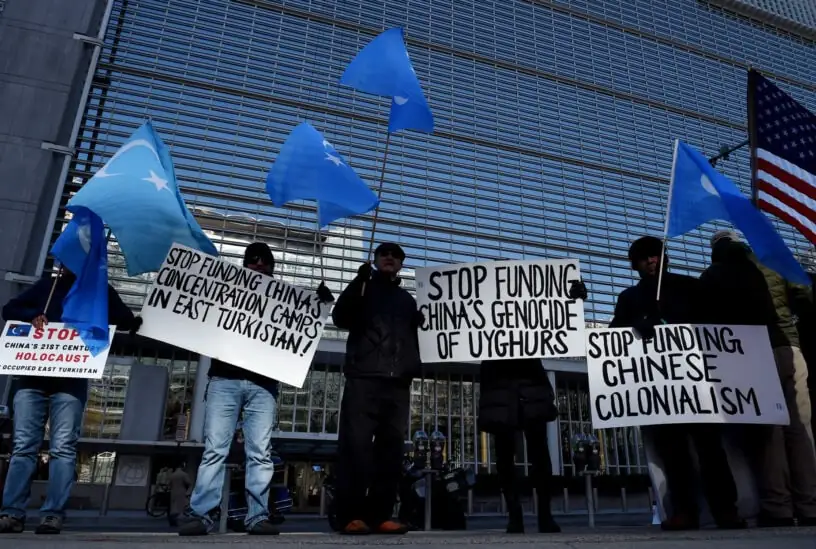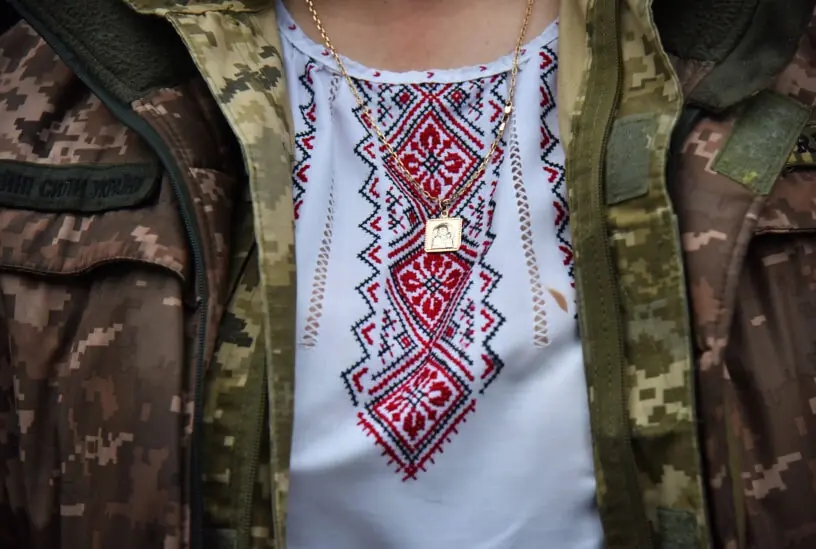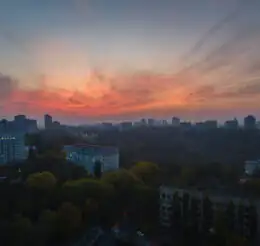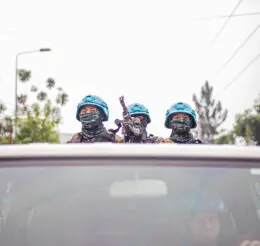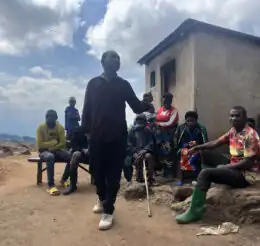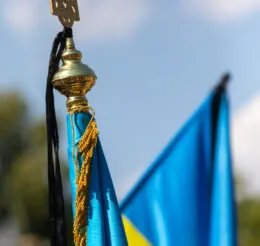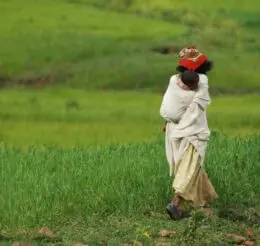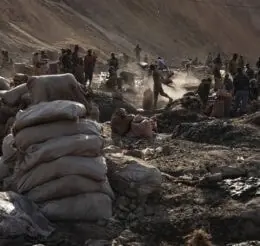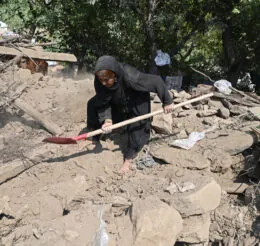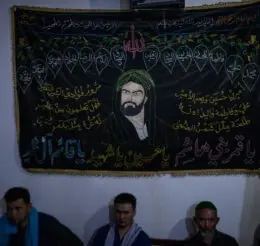The Rohingya people have been persecuted by their own country and sought uneasy refuge in neighboring countries for decades. Successive governments in Myanmar (also known as Burma) have violated the Rohingya’s rights to identity, nationality, security, and other fundamental human rights.
The Rohingya were formally stripped of their nationality by the Burmese authorities with the passage of the race-based 1982 citizenship law. The Burmese military, which again seized power from a nominally civilian government in a February 2021 coup, has a long history of committing atrocities against the Rohingya people while more broadly fomenting anti-Muslim sentiment in Myanmar. The military’s 2017 “clearance operations” against Rohingya communities in northern Rakhine State – carried out under the color of authority from the democratically elected government led by Aung San Suu Kyi – resulted in more than 700,000 men, women, and children seeking refuge to neighboring Bangladesh, joining approximately 300,000 Rohingya refugees who had fled during previous rounds of violence.
While the international community broadly condemned the genocide, crimes against humanity, and other violations committed against the Rohingya, and has provided substantial humanitarian assistance for Rohingya refugees, the global political response to this crisis has never been adequate to its scale and scope.
The 2021 coup, and subsequent national crisis in Myanmar, has dimmed the prospects for voluntary, safe, and durable returns of Rohingya refugees in the near term, but it has also reshuffled the political deck in ways that created new opportunities for and challenges to longer-term solutions. The opposition National Unity Government has appointed a Rohingya deputy minister and has engaged in negotiations with Rohingya representatives regarding a potential repeal of the 1982 citizenship law and restoration of citizenship rights. The Rohingya people’s historic homelands in Rakhine state are now firmly under the control of the Arakan Army, an ethnic armed organization whose armed conflict with the Burma Army predates the 2021 coup.
Likewise, the fluid political situation in Bangladesh has created new challenges. Since the fall of Sheikh Hasina in 2024, the interim Bangladeshi government has struggled to manage the Rohingya issue in a context of escalating conflict in Burma and a complicated domestic political environment. While Bangladeshi authorities have taken some steps to crack down on violent extremist groups that terrorized the refugee camps, there are long-running rumors of cooperation between these groups and Bangladeshi military and intelligence communities. As the already huge refugee camps continue to swell with new arrivals, the local host communities in Cox’s Bazar have become increasingly resentful of the burden they bear with no end in sight. This burden continues to grow as the international community has consistently reduced its support to the camps over the past five years – a trend that has accelerated under the widespread aid cuts of the United States’ Trump administration.
It is unsurprising that in this complex and dynamic context, the Rohingya community has long struggled with issues of representation and leadership. Rohingya women are often only represented as victims of Burma Army abuse and lack meaningful representation in community, national (i.e. Burmese), regional, and international discussions about their own future. This is especially true of camp-based and internally displaced Rohingya women.
Efforts to resolve the multi-dimensional Rohingya crisis have continually fallen short due to the failure of the international community to address the root causes of the crisis or meaningfully engage Rohingya representatives in these efforts. In 2023, New Lines Institute convened the Global Rohingya Initiative (GRI) to bring together key stakeholders, with a focus on empowering representatives of the Rohingya community to address this crisis in a more holistic and effective way. The GRI supports the emergence of a new generation of Rohingya leaders who are ready and able to engage constructively with both the international community and emerging post-coup Burmese political configurations. The Initiative is centered on the priorities and voices of the Rohingya and works across the geographic regions where they are located to establish an international platform to explore and encourage short-, mid-, and long-term solutions.
